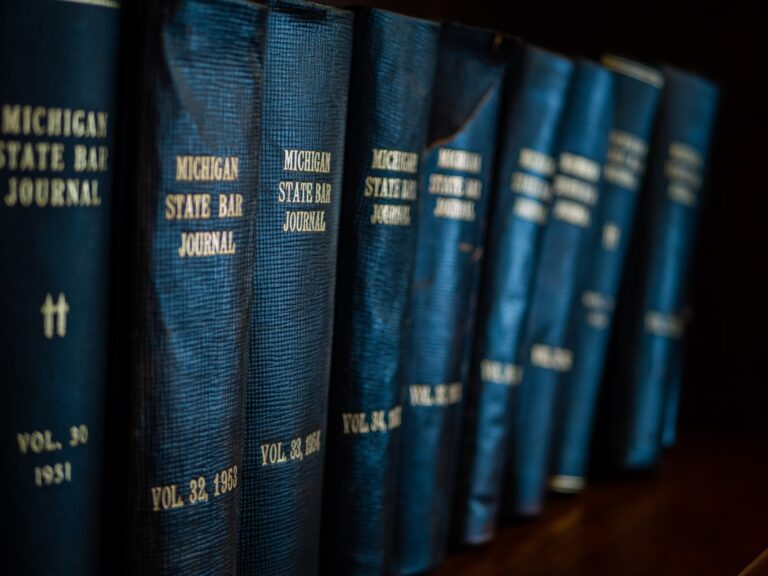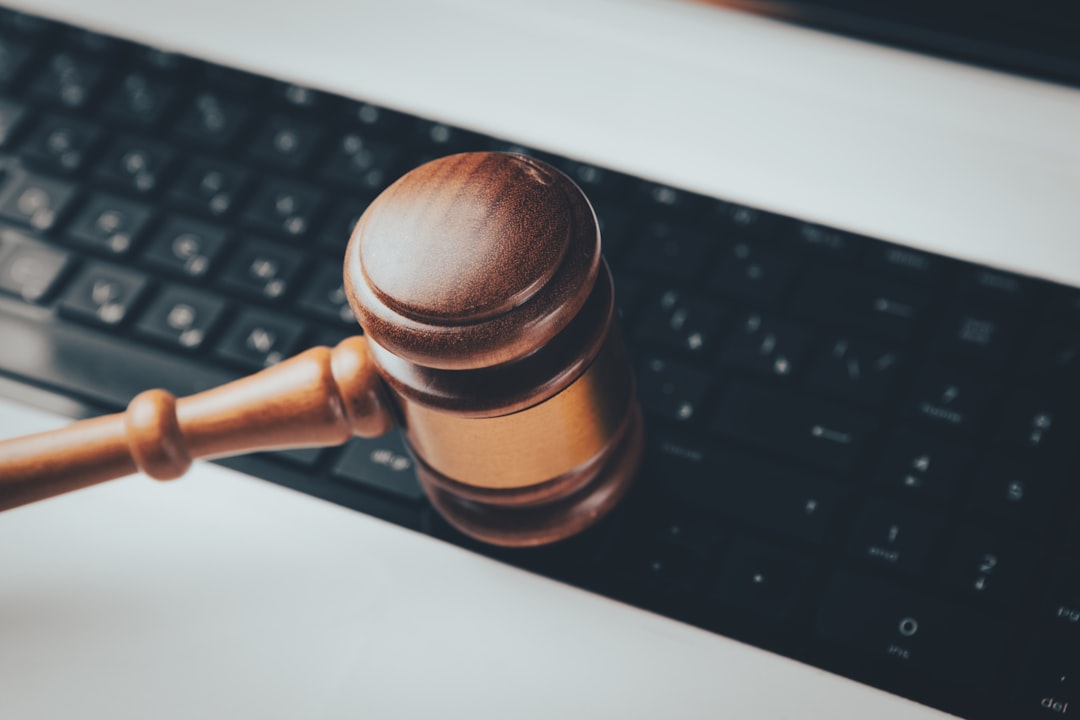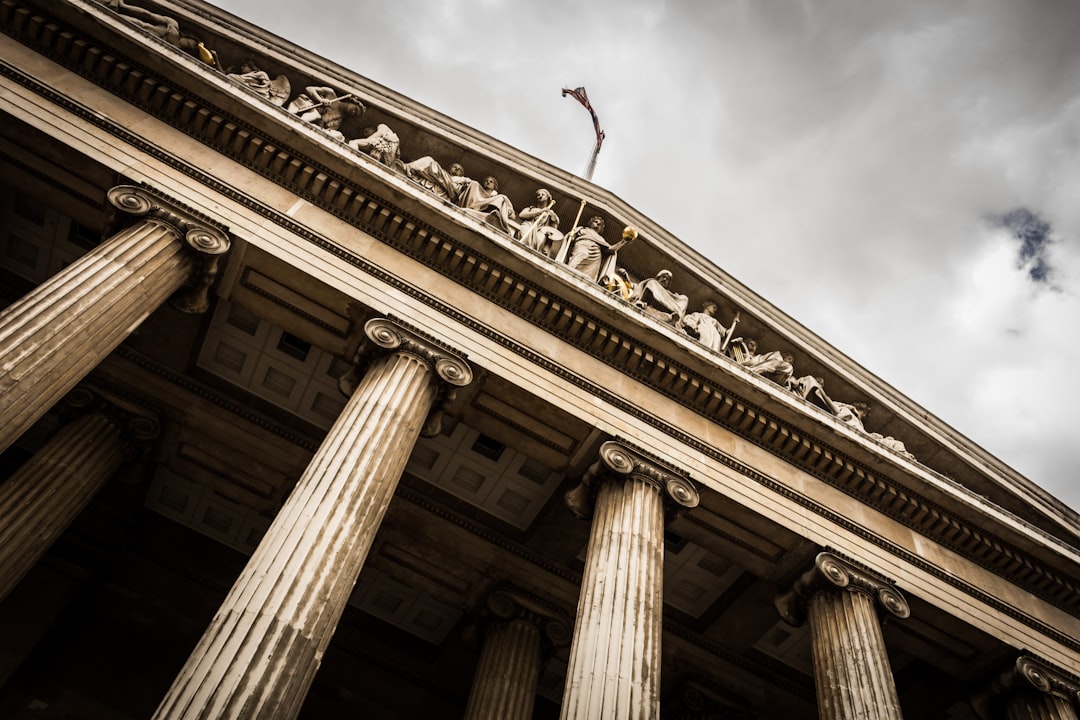The Stamford School scandals highlight critical issues within Connecticut's education system regarding underreporting of staff misconduct, including physical and emotional abuse. Weak reporting laws have failed to protect students, prompting calls for stricter regulations. School abuse attorneys advocate for enhanced reporting mechanisms, teacher/parent education, and robust oversight to ensure student safety. By strengthening legal frameworks, these professionals aim to create safer learning environments, empower victims, and hold institutions accountable.
In recent years, a series of disturbing scandals at Stamford schools has shed light on the critical need for stronger reporting laws protecting children. As a response to these grim revelations, this article delves into the intricate web of child safety within educational institutions, focusing on Connecticut’s legal landscape. We explore the consequences of weak reporting regulations and advocate for advocacy strategies to enhance protection against school abuse, urging a call to action from concerned citizens and school attorneys alike.
Understanding the Stamford School Scandals: A Deep Dive into the Incidents

The Stamford School scandals have brought to light a deeply concerning issue within the education system—the prevalence and underreporting of school abuse. These incidents, involving allegations of physical and emotional misconduct by teachers and staff, have shaken the community and sparked widespread outrage. As a result, many are advocating for stronger reporting laws to ensure transparency and accountability.
A deep dive into these scandals reveals a complex web of factors that contribute to the underreporting of school abuse. Issues such as fear of retaliation, lack of awareness of reporting procedures, and insufficient training among staff members have all played a role. As Connecticut’s school abuse attorney, it is crucial to understand these dynamics to effectively push for change. By strengthening reporting mechanisms, increasing teacher and parent education, and implementing robust oversight, we can create a safer environment for students and prevent future occurrences of school abuse.
The Impact of Weak Reporting Laws on Child Safety in Schools

Weak reporting laws can have devastating consequences for child safety in schools, as recent scandals at Stamford School have highlighted. In the face of allegations of school abuse, inadequate legal frameworks often hinder the ability to hold perpetrators accountable and protect other students. Connecticut, like many states, has seen instances where loopholes and insufficient regulations have enabled harmful behavior to go unreported or unchecked. This has resulted in a climate of fear and mistrust among students and parents, eroding the fundamental trust necessary for a safe learning environment.
School abuse attorneys play a crucial role in advocating for stronger reporting laws. They bring attention to the gaps that allow abusers to evade justice and contribute to a culture where silence is tolerated. By pushing for more stringent regulations, these legal professionals aim to ensure that schools are held responsible for protecting their students, fostering an environment where reporting incidents of abuse is encouraged, and perpetrators face appropriate consequences.
Legal Perspective: What Does Current Law Say About School Reporting? (Focus on Connecticut)

In Connecticut, the legal framework regarding school reporting is governed by various statutes and regulations, which, unfortunately, have proven insufficient in addressing cases of school abuse. While state laws mandate reporting of certain types of crimes and misconduct, including child abuse and neglect, there are significant gaps when it comes to specific instances like sexual harassment or assault within educational institutions. The current legal perspective often places the onus of reporting on teachers, staff, and even students, but does not provide clear guidelines or adequate protections for those who might be hesitant to come forward due to fear of retaliation or lack of trust in the system.
School abuse attorney in Connecticut argue that the existing laws need substantial reinforcement to ensure schools create and maintain safe environments for all students. This includes compelling institutions to adopt stringent reporting protocols, educating staff and students on their legal obligations, and implementing robust protections against potential retaliation. Such changes are not just desirable but necessary to uphold the highest standards of child welfare and justice in educational settings.
Advocacy Strategies for Strengthening Reporting Laws: A Call to Action

In response to recent Stamford School scandals, advocates for stronger reporting laws are calling on policymakers and educational institutions to take immediate action. One key strategy involves pushing for stricter regulations that mandate mandatory reporting of suspected school abuse by teachers, administrators, and staff. This includes clear protocols for documenting and forwarding such incidents, ensuring every report is taken seriously and investigated thoroughly.
Additionally, the involvement of legal professionals specializing in school abuse cases in Connecticut can significantly strengthen these laws. A school abuse attorney can provide expert insights on effective reporting mechanisms, advocate for victims’ rights, and ensure that institutions comply with existing laws. By combining advocacy efforts with legal expertise, there is a powerful push to create a safer learning environment and prevent future tragedies.
Potential Outcomes and Benefits of Enhanced Reporting Regulations

Enhanced reporting regulations can have profound and positive effects on educational institutions, especially in addressing issues like school abuse. The primary outcome would be improved transparency and accountability. With stricter laws, schools and their administrators would be more incentivized to report incidents of abuse or misconduct promptly and accurately, ensuring that all parties, including parents and students, are kept informed. This openness can foster a culture of trust between schools, communities, and the legal system, making it easier for victims to come forward and seek justice.
For instance, a Connecticut school abuse attorney would have more tools to investigate and prosecute cases effectively. Stricter regulations could also lead to better prevention strategies, as institutions would be required to implement robust reporting systems and conduct regular training for staff members on identifying and reporting suspicious activities. Ultimately, these measures can help create safer learning environments and protect vulnerable students.






